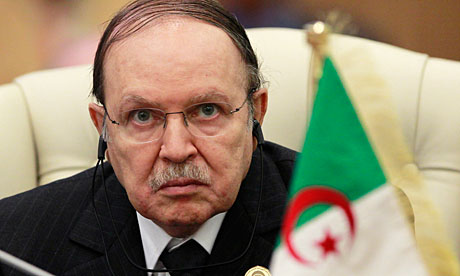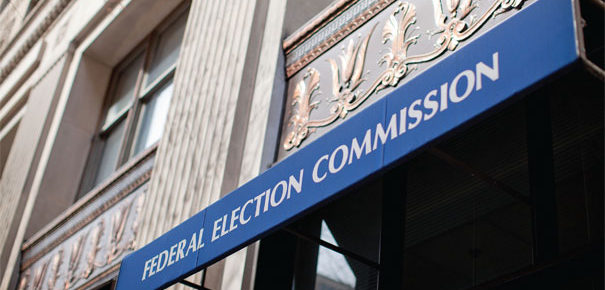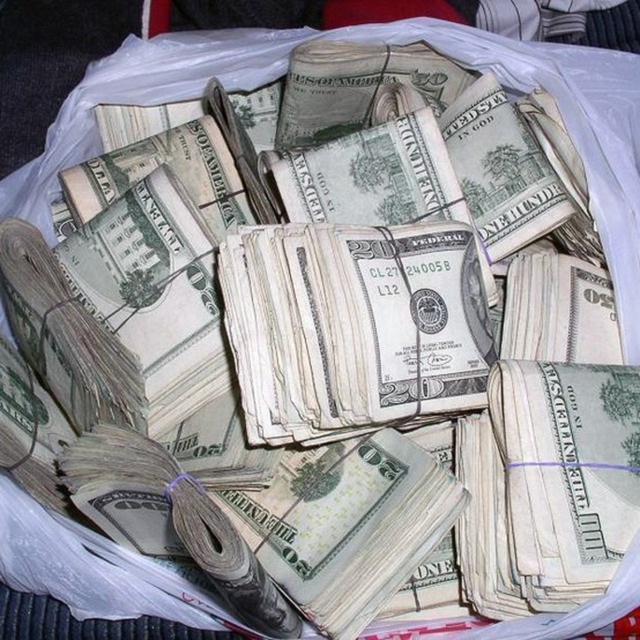From $0 to $2,900 – and seemingly everywhere in between.
Bitcoin gold, a new fork of the bitcoin software, may not have been officially launched (or distributed to users), but that isn’t stopping the cryptocurrency markets from seeking to determine its potential value (or profiting from its eventual existence).
In an interesting twist on a typical distribution, a number of exchanges are now listing a token that represents a claim on the future delivery of bitcoin gold (in advance of it becoming available to all bitcoin users). Ahead of that event, however, traders are seeking to value the asset, which proposes an alternative to the difficulty of competing for rewards on bitcoin’s mining network.
Still, it’s safe to say there’s disagreement so far.
In interview, analysts expressed a reservation about bitcoin gold, both when speaking about its developer team, and when characterizing the protocol’s potential market opportunity.
Safiri Felix, a researcher at financial publisher Empiricus, for example, believes that while bitcoin gold is likely to encourage others to clone bitcoin’s blockchain, and thus capitalize on the potential to appeal to its expansive user base, he sees this trajectory as limited.
Felix told CoinDesk:
“I think that forks and airdrops as a trend to launch new tokens [will continue], aiming to get an instant user base. Best case scenario, bitcoin gold is a potential contender for litecoin.”
Indeed, most industry observers surveyed don’t expect the project to compete with bitcoin or bitcoin cash, predicting its market capitalization would likely be similar to less valuable networks.
This belief seems reflected on exchanges, where BTG tokens traded for a high of $2,900 on Bitfinex, before dropping 96.64 percent to $97 on Tuesday. By Wednesday, prices stabilized around $137 at press time, though order books are heavy with sell orders in available markets.
At current prices, the value of all bitcoin gold (once released) would be worth a mere 43 percent of BCH and 2 percent of BTC. As such, it seems unlikely to surpass the value of those currencies in the immediate future.
Likewise, exchange interest also seems subdued. Currently, only a handful of exchanges, Bitfinex, HitBTC, Yobit, Bleutrade, Bitstar and Coinnest, support BTG/BTC and BTG/USD trading pairs.
Developer concerns
Of course, the biggest question mark for those surveyed was whether the tokens will actually be delivered by those behind the project.
Already controversial is that the team behind bitcoin gold intends to set aside a certain amount of the cryptocurrency to fund its future development, as part of what’s called a “pre-mine.” Indeed, Felix was quick to note that the bitcoin gold team has no existing track record in the industry.
“It’s natural to dismiss their ability to deliver quality code,” he said.
Long-time industry entrepreneur and director of business and community at cryptocurrency wallet provider Jaxx, Charlie Shrem, also cited the decision to set aside funds as a suspicious one, though not one that inherently denotes any wrongdoing.
“[It] seems like an attempt to replicate bitcoin cash and give the developers a nice premine,” he said.
Overall, his remarks pointed to the idea that the low price of bitcoin gold as compared to bitcoin and bitcoin cash may be reflective of the possibility the funds never actually arrive.
Long-term potential
As for what that means for those considering how to handle their holdings, it’s worth noting that such market shifts are common when it comes to the price determination of a new asset.
For instance, bitcoin cash (BCH) – which forked off bitcoin in August – traded for highs of nearly $1,000 before dropping to trade between $300 to $400 in its first month. Likewise, at points, zcash traded for millions of dollars per token (though that was due to issues with its distribution).
But, it’s still the question of the protocol’s ultimate value proposition that seems most pertinent.
Shrem went so far as to forecast that it’s possible bitcoin gold could inspire cryptocurrency hobbyists to begin securing the protocol with older mining equipment, and that this could possibly jumpstart value creation, potentially leading to utility.
He noted that while older GPUs could be used to mine ether – the cryptocurrency of the ethereum network – doing so would mean a reduced chance of rewards given its existing competition.
Of course, others were more outright dismissive. Tim Enneking, managing director at hedge fund Crypto Asset Management, believes bitcoin gold proves fork currencies will likely have diminishing returns from here on out.
Enneking concluded:
“It’s like an ICO, but with a head start.”









